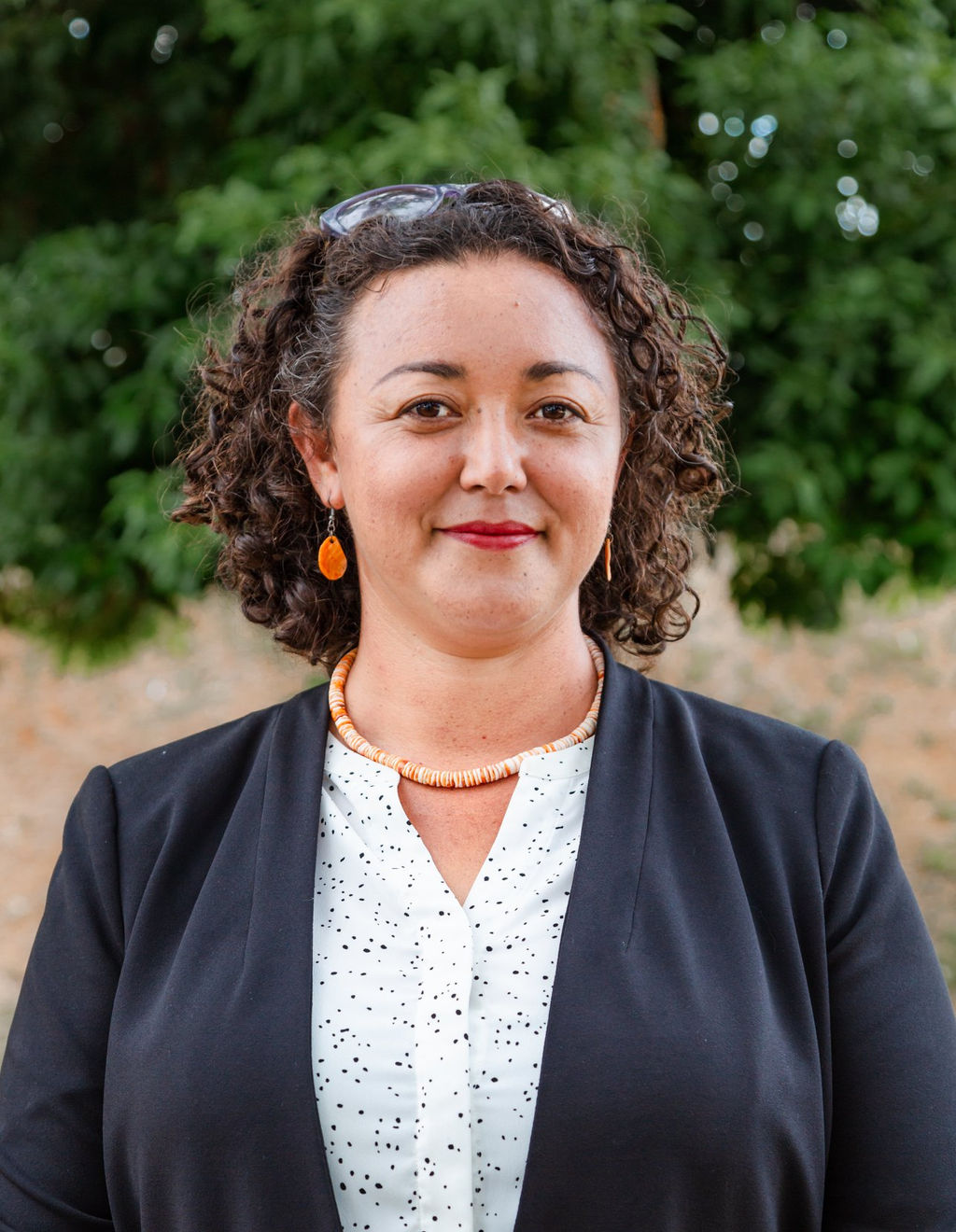By Leila Fleming Staffler
After attending the State of Education Address on September 22, 2022, presented by the three key educational institutions in the CNMI – the CNMI Public School System, Northern Marianas Technical Institute and Northern Marianas College – I am optimistic about the direction of education in the CNMI. These institutions’ collective effort to provide high quality education and training for our people reinforces the fact that the CNMI is a leader in our region when it comes to education and access.
Collaboration was a major theme throughout the night as each institution shared their efforts to create alliances with partnering stakeholders for interagency, cross-sectional advancement. It was an encouraging reminder that it is through these systemic relationships that collaboration and reciprocation can take root, closing gaps and reallocating resources to reduce duplication and expand educational reach in our communities. By the end of the night, it was clear that we can credit the success of our education institutions to the collaboration between all stakeholders, and their collective use of a growth mindset as they navigate the inevitable waves of change and innovation that comes with a modern world.
Interagency collaboration is something I have been actively advocating for for years in my role as a long time educator and now as a legislator. This is also a huge reason WHY I even considered running for office in the first place. I truly believe that by working together, we can achieve shared goals that will lead our people to financial independence and security in the workforce.
In education, we have to consider that we are sometimes preparing students for jobs that do not exist yet. This is why having a growth mindset is so important. In this ever changing world with technology and innovation, we must embrace challenges, learn from feedback, and pursue training.
Every school institution must foster values that embrace and promote all career pathways. Math, science, and creativity are foundational and part of every path- whether it is college or trades. Solving the systemic puzzle of transition between educational institutions is one of the commitments I have made while in office – to fill gaps in service and build bridges of support.
The contractors licensing bill, House Bill 22-115, mentioned by CEO Attao in her speech is one of those efforts brought to life. House Bill 22-115 is a collaboration between NMTech, private sector partners, and the Guam Contractors Association. HB 22-115 focuses on ensuring safety and equitable competition in the contractor fields and on filling the gaps of funding for apprenticeships in the construction trades.
A partnering bill that we have been working on and anticipate filing in the next month in the House of Representatives is an apprenticeship bill that will persevere in building bridges between these educational institutions, the Department of Labor, and the private sector. This bill’s intent is to connect people in training directly to the private sector in order to meet the workforce needs that must be addressed as the CNMI prepares to transition away from the CW program. There is so much work to do in this area before the December 2029 deadline. In order to make it happen, we all must be agents of change.
Dr. G spoke at length about leading as change agents in education. A change agent is someone who promotes and enables change to happen within a group or organization. Educators and education are often the change agents of a community. One of the keys to being a change agent is open communication. This helps people know what to expect. Another important aspect of being a change agent is valuing collective input and feedback from your stakeholders. This is how a change agent builds collective efficacy: the belief that together we can accomplish any goal.
These concepts are key to managing effective change in any organization. These are concepts that I have had extensive training and experience in implementing as a high school principal that successfully changed a school culture to be high performing. This is no easy feat. It takes time, patience, and, most of all, consistency.
Each educational institution alluded to the fact that the CNMI is on the precipice of change. As Public School System Commissioner Dr. Alfred Ada urged us to consider: 30 years from now, what do YOU envision for our schools, our workforce and our community?
For me, I envision our educational system as one renowned for its ability to prepare students to become skilled workers and great citizens. Our workforce will be a collaborative one with healthy, fair competition among thriving local businesses. Our community will continue to grow in diversity, opening up the doorways for us to learn, grow, and work with one another to improve our collective quality of life in our beloved Marianas.
It is clear that to make that vision come to fruition, we must start today. We must focus on systemic realignment of services and programs so that our people can have access to opportunities and a future that is ready for them. If we want to see change in our economic and social outcomes, we must continue to look at how we can be innovative in our approach to education and workforce development.
Tina Sablan and I are committed to this collaborative effort of systemic change. With your support this November 8th, we will continue to be change agents of our government, working towards a brighter future for all who call this community home.
Leila Fleming Staffler is the Chairwoman of the CNMI House Committee on Education and Labor, a former educator, and high school principal. She is the Democratic candidate for Lt. Governor, running with Christina “Tina” Sablan, in the 2022 CNMI General Election.






